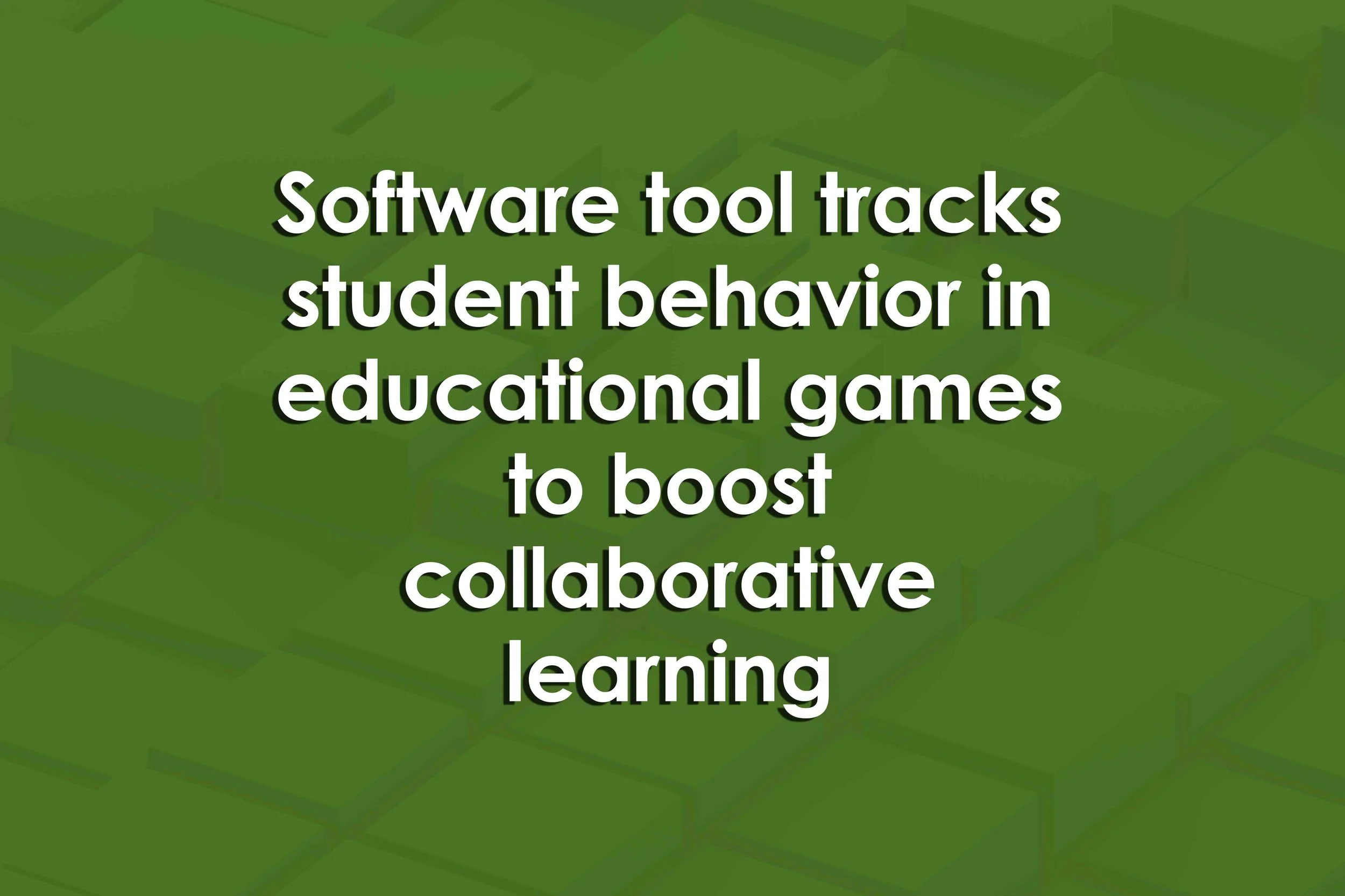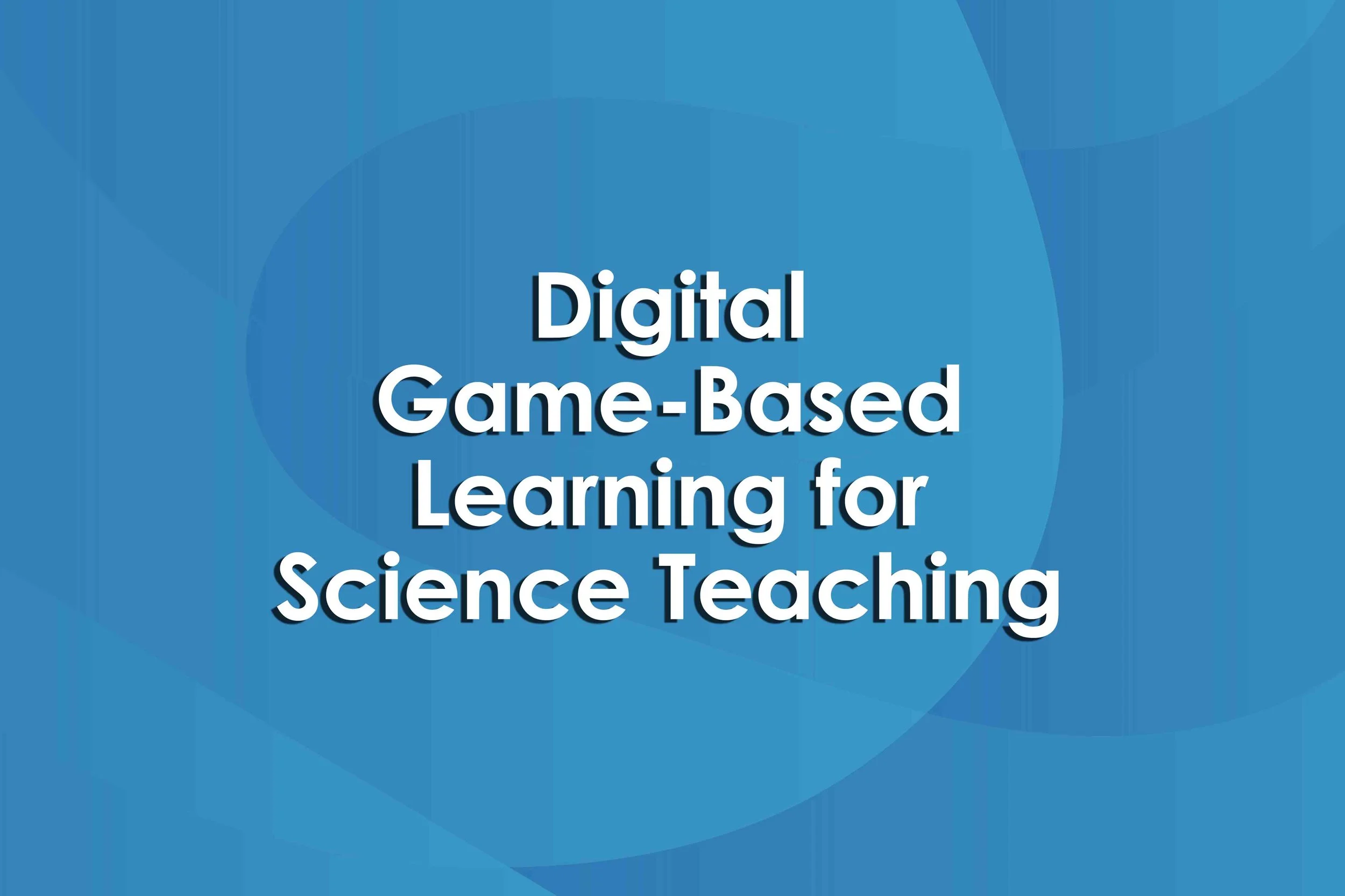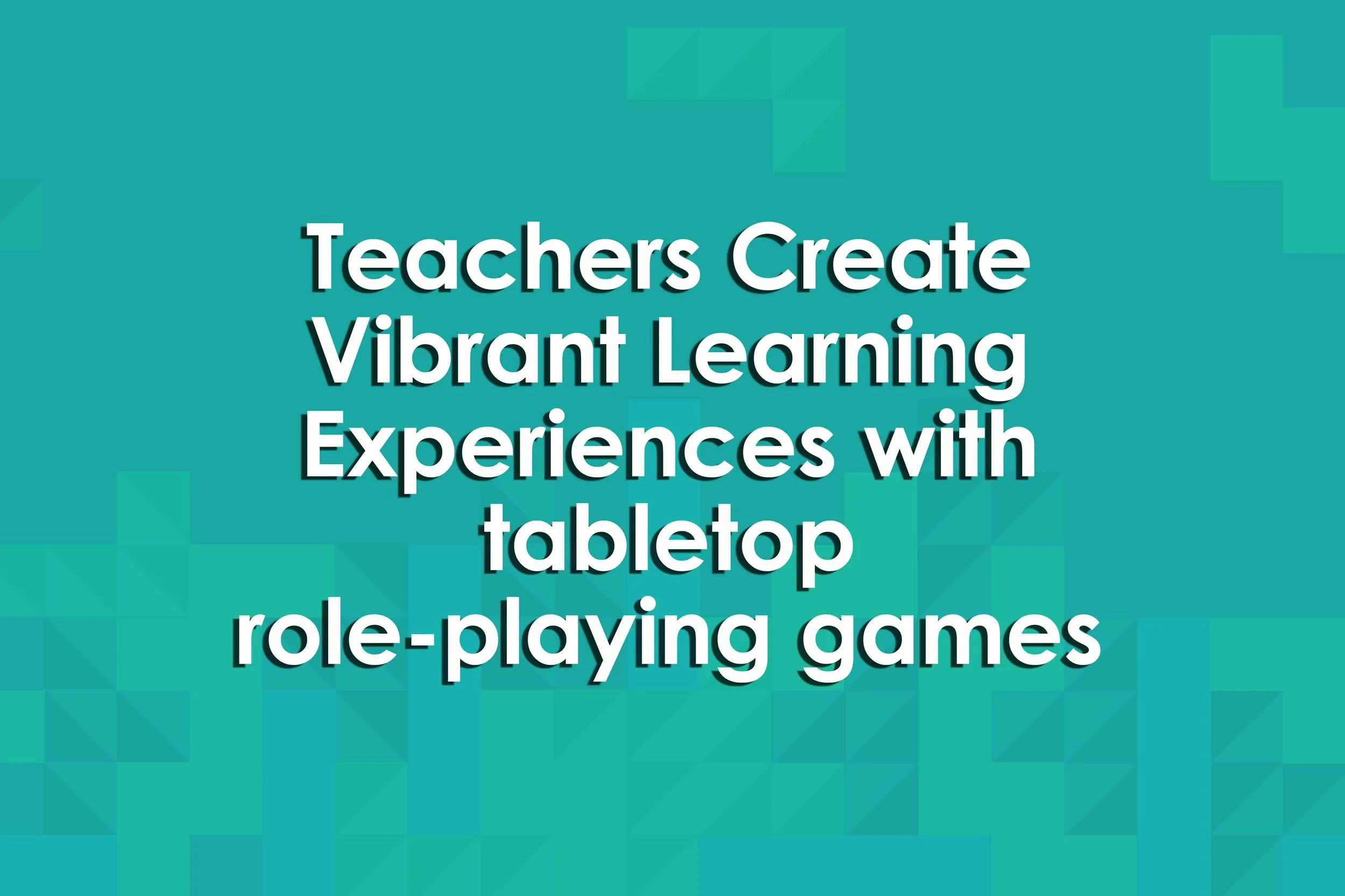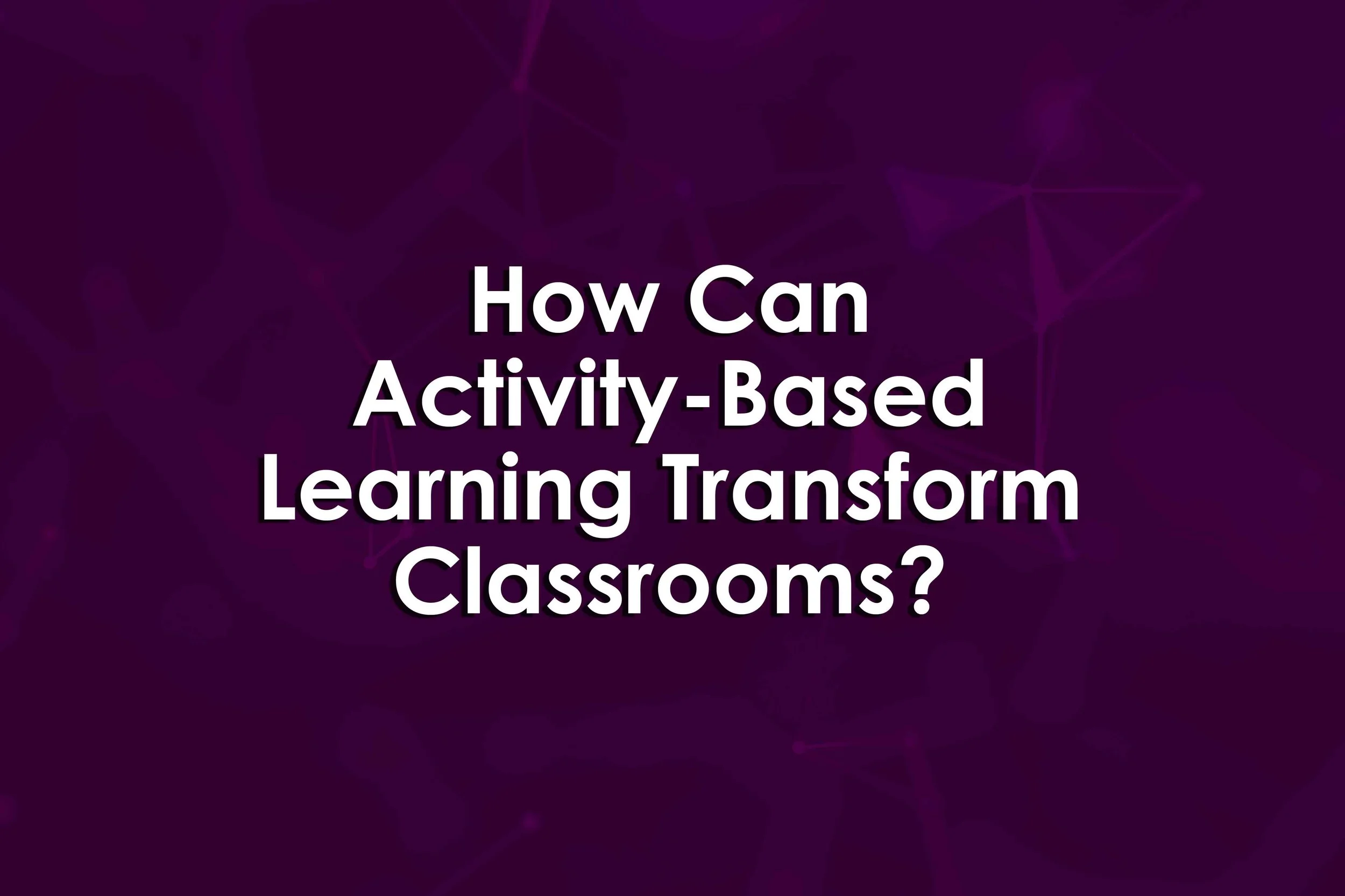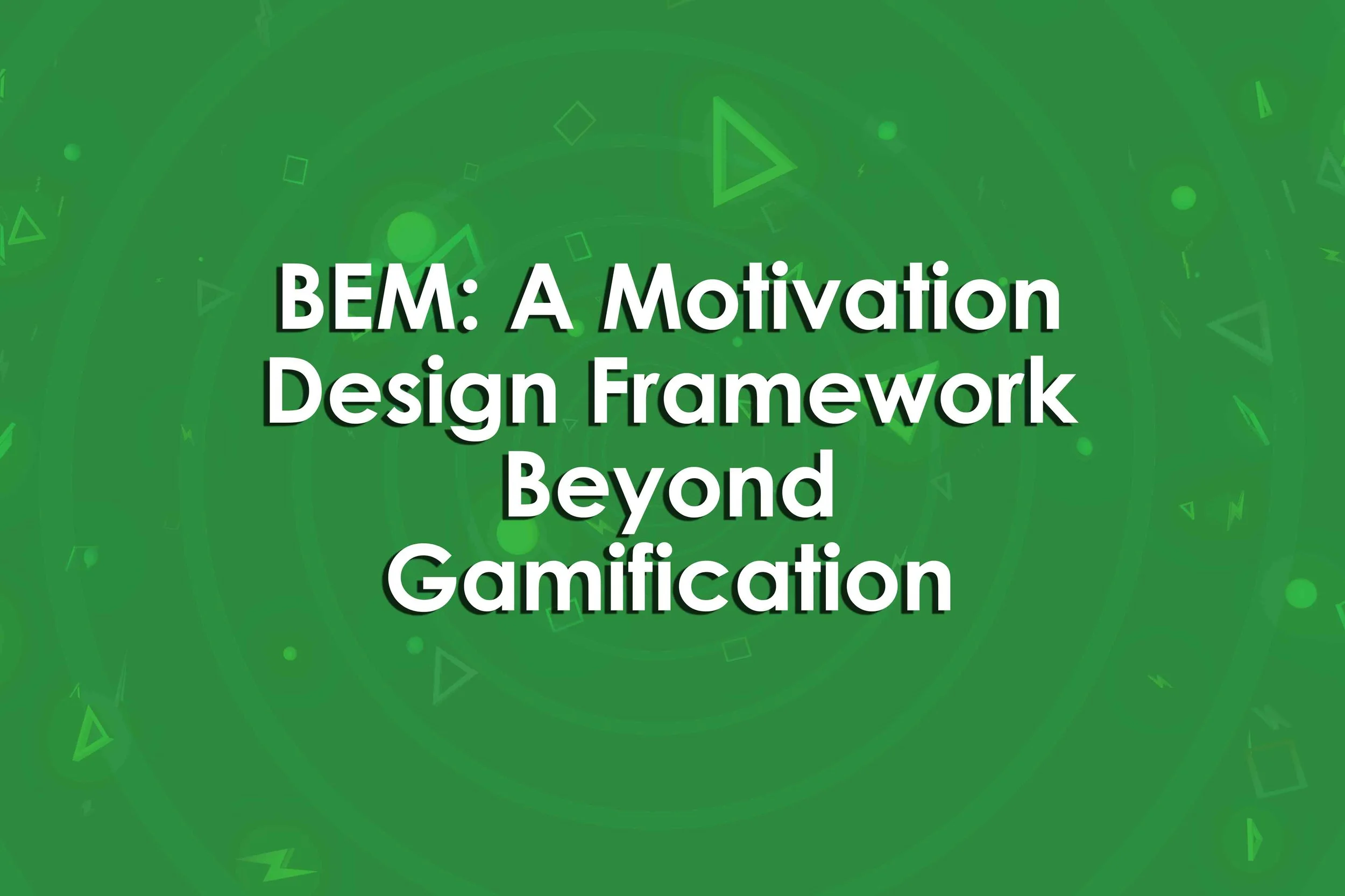The University of South Australia is revolutionizing construction education through SiteSeer, a gamified virtual learning environment that allows students to explore construction sites digitally. Developed to overcome logistical, safety, and accessibility issues associated with physical site visits, SiteSeer builds on the earlier OnSite platform launched in 2015.
Read MoreGamification is widespread, but its success depends on thoughtful design and context. While it can boost engagement through rewards and motivation, poorly implemented gamification can backfire, as seen with Robinhood, United Airlines, and Amazon. These failures show that games should not replace meaningful compensation or safe conditions.
Read MoreIn this Modulo podcast episode, Manisha Snoyer interviews Ben Somers, founder of Recess, about empowering children through self-directed, game-based learning. Recess is a platform where kids build their own education using games, simulations, and real-world experiences.
Read MoreResearchers at NC State and Indiana University developed real-time software tools that analyze student behavior in the educational game EcoJourneys to assess collaborative problem-solving (CPS) skills. The system tracks every student action, using statistical models to identify behavior patterns linked to learning outcomes.
Read MoreThe article explores the implementation of Digital Game-Based Learning (DGBL) in a high school biology course to increase student engagement and motivation. Using platforms like Quizziz, WorldWall, and Educaplay, students practiced vocabulary, biological concepts, and critical thinking through interactive games.
Read MoreResearchers developed real-time software tools that analyze student behavior in the educational game EcoJourneys to assess and support collaborative problem-solving (CPS) skills in middle school students. By logging student actions and applying statistical modeling, the system identifies behavior patterns linked to learning outcomes.
Read MoreTeachers across Kentucky are using tabletop role-playing games (TTRPGs), like Dungeons & Dragons, to create immersive, play-based learning experiences that boost student engagement, creativity, and critical thinking.
Read MoreMany young children struggle with understanding place value and two-digit calculations, key foundations for math proficiency. A multi-institutional research team is investigating whether modified number board games can enhance numeracy by encouraging children to recognize numerical patterns.
Read MoreBlack Tampa Historians is a new 70-card educational game created by former teacher Ashley Morrow to highlight Tampa's Black history. After three years of research, Morrow designed the game to spark meaningful, intergenerational conversations through fun, multiple-choice questions.
Read MoreGame development in Africa is a powerful tool for creativity, innovation, and economic growth, especially among youth. It empowers young Africans to share their stories, build confidence, and gain valuable teamwork and problem-solving skills.
Read MoreDeceptive game design uses tactics like hidden real-world costs, loot boxes, and default payment settings to manipulate players—often leading to unplanned spending and addictive behaviors. Hilda Hadan, a Ph.D. candidate in Systems Design Engineering at the University of Waterloo, explains how in-game currencies, FOMO, and privacy risks affect users.
Read MoreRepublic Polytechnic students collaborated with the Muscular Dystrophy Association of Singapore to design games that raise awareness of mobility challenges faced by wheelchair users. One game, Mall Time Crunch, intentionally featured difficult navigation to mimic real-life obstacles, encouraging empathy through gameplay.
Read MoreThe article "Roll to Hit: Comparative Mathematical Probability in Tabletop Role-Playing Games" examines how different dice mechanics influence combat outcomes in TTRPGs. By analyzing starting characters across various systems, the authors demonstrate that the underlying probability structures—such as flat distributions.
Read MoreThe International Science Reserve (ISR) has launched The Disaster Response Game, a digital simulation designed to help scientists practice crisis decision-making in scenarios like pandemics, wildfires, and food insecurity.
Read MoreGirls' Pride Gambia held a Funneh Board Game competition at Alliance Francaise, concluding a project promoting menstrual health and gender-based violence awareness, funded by the French Embassy. The interschool event evaluated the initiative's impact, with Future Generation Senior Secondary winning.
Read MoreMahjong, a 19th-century Chinese game, is experiencing a cultural revival among Gen Z and millennials, particularly in New York and Los Angeles. Pop-up clubs like Green Tile Social Club and East Never Loses blend traditional play with modern elements like DJs, sake, and social media. Beyond entertainment, mahjong fosters post-pandemic social connection and mental wellness. Historically rich and globally adapted, the game has persisted despite cultural bans and evolving trends. With over 40 variations worldwide, it bridges generations and cultures. Today, it’s embraced by designers, celebrities, and communities, proving mahjong’s enduring appeal as both a social and symbolic tradition.
Read MoreModern education demands innovative approaches that go beyond traditional methods. Activity-based learning, gamification, flipped classrooms, and storytelling actively engage students, making learning enjoyable and memorable.
Read MorePBS KIDS has greenlit Skillsville, a new animated series aimed at teaching four- to eight-year-olds personal and career skills through video games.
Read MoreGamification is often misunderstood as using superficial rewards—points, badges, leaderboards—to drive engagement. True gamification, however, taps into intrinsic motivation by designing meaningful experiences.
Read MoreSocialudo, a social enterprise, is revolutionizing training in the housing sector through serious, game-based workshops designed to foster strategic anda creative thinking. Founded two years ago, Socialudo uses board games to build collaboration, develop planning skills, and support professional growth.
Read More




